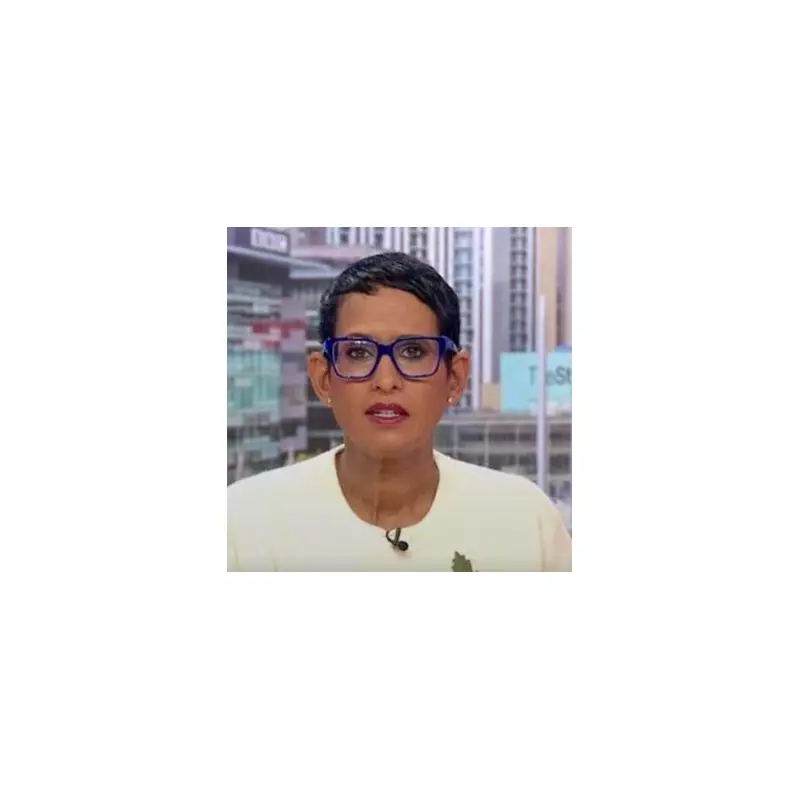
BBC Breakfast found itself at the centre of a storm this morning as presenters Naga Munchetty and Charlie Stayt faced mounting criticism for their handling of an interview with Work and Pensions Secretary Mel Stride.
The tense exchange, which aired during Wednesday's programme, saw the veteran broadcasters repeatedly challenge the Conservative MP over the government's economic policies and their impact on pensioners. Viewers quickly took to social media to express their dismay at what many described as 'aggressive' and 'patronising' questioning tactics.
Viewer Backlash and Social Media Reaction
Social media platforms erupted with criticism following the broadcast, with numerous viewers threatening to report the programme to media regulator Ofcom. One frustrated viewer commented: "The interviewing style was completely out of order - more like an interrogation than a professional discussion."
Another added: "I've been a loyal BBC Breakfast viewer for years, but this was beyond acceptable. The constant interruptions and dismissive tone towards Minister Stride was embarrassing to watch."
The Contentious Interview Exchange
During the heated discussion, Stayt and Munchetty pressed Mr Stride on recent economic data and its implications for state pension increases. The presenters appeared sceptical of the minister's explanations, frequently interjecting and challenging his responses.
At one particularly tense moment, the conversation became so strained that visible discomfort was evident from all parties involved. The dynamic between the presenters and the government representative remained strained throughout the segment, creating uncomfortable viewing for many watching at home.
Broader Context of BBC Interview Standards
This incident comes amid ongoing debates about impartiality in BBC journalism and the appropriate tone for political interviews. The corporation has frequently found itself walking a tightrope between holding politicians to account and maintaining professional decorum.
Previous instances of similar criticism have led to internal reviews and adjustments in presenter training, though the BBC has consistently defended its journalists' right to ask challenging questions of those in power.
As of publication time, the BBC had not issued an official statement regarding the specific complaints about this morning's interview. However, the incident has undoubtedly added fuel to the ongoing conversation about broadcast standards and political journalism in the UK media landscape.





